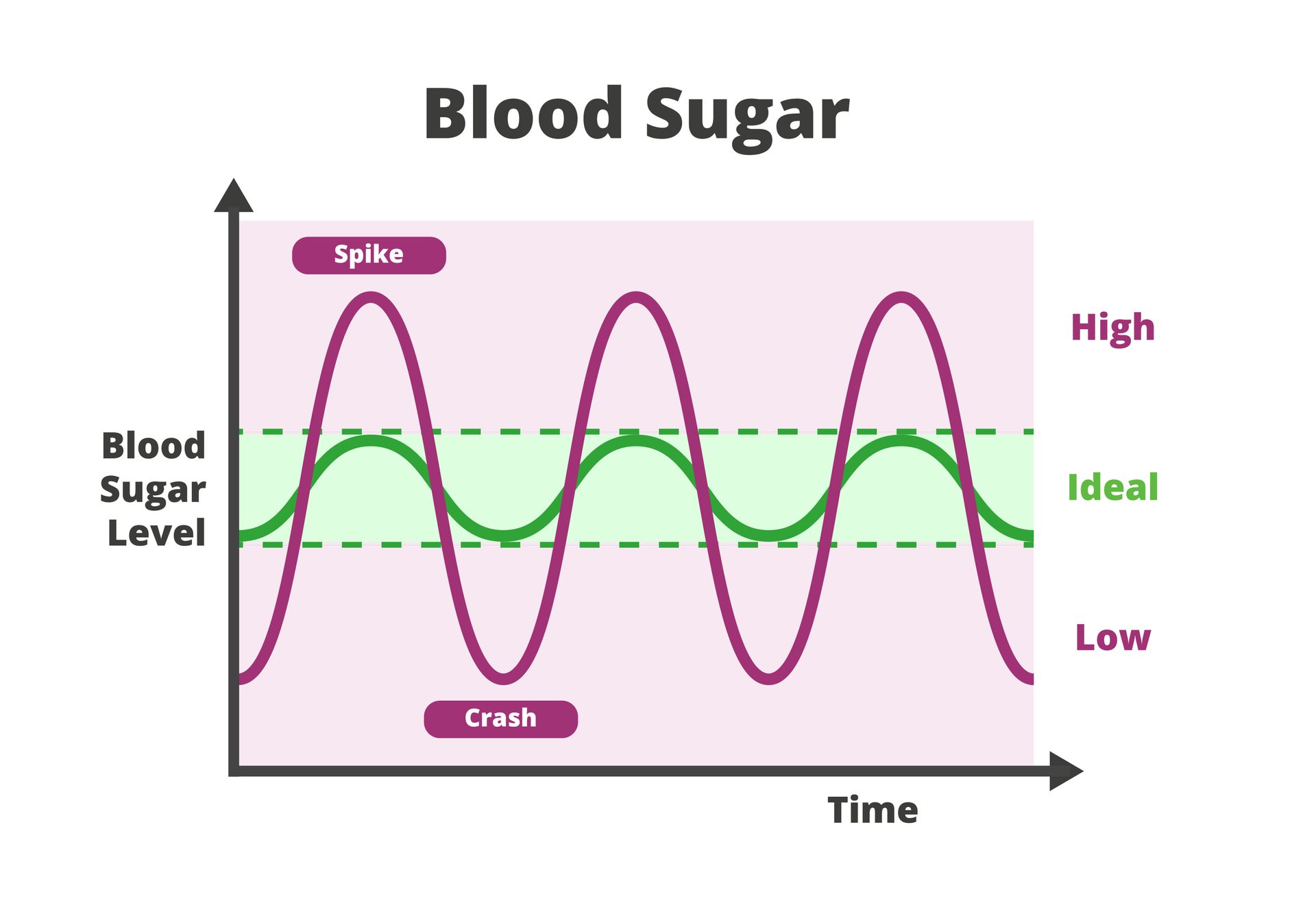Recent Posts
What Brain Fog Might Mean—and When to Mention It to Your Doctor

Everyone has days when their mind feels cloudy, concentration slips, or it becomes harder to find the right words. This experience, often called brain fog, can be frustrating and even alarming when it happens frequently. While brain fog is not a medical diagnosis on its own, it can be a symptom of a potentially serious medical condition. Alternatively, it could be due to something you can address with lifestyle changes, like poor sleep or chronic stress or anxiety.
How you approach brain fog should depend on its root cause, and a doctor or nurse practitioner can help you narrow it down.
What Is Brain Fog?
Brain fog describes a group of cognitive symptoms such as forgetfulness, confusion, lack of focus or difficulty processing information. You may notice it when you struggle to remember details, lose your train of thought mid-conversation or feel mentally slower than usual.
Unlike normal tiredness, brain fog tends to linger. It can last for hours, days or even weeks, depending on what is causing it.
Common Causes of Brain Fog
Diabetes and Blood Sugar Imbalance
People with diabetes or prediabetes often experience brain fog when blood sugar levels swing too high or too low. Glucose is the brain’s main source of fuel. When it fluctuates dramatically, it can interfere with mental clarity and focus. High blood sugar can lead to dehydration and inflammation, while low blood sugar deprives the brain of the energy it needs to function properly.
If you have diabetes and find yourself feeling mentally sluggish, talk to your healthcare provider about adjusting your meal timing, medication or monitoring routine. Stable blood sugar levels can make a big difference in improving concentration and alertness.
Sleep Disorders or Poor Sleep Quality
Quality sleep is essential for memory, learning and mental performance. When you don’t get enough rest or your sleep is frequently interrupted, your brain cannot fully recharge. Conditions such as sleep apnea, insomnia or restless leg syndrome can lead to daytime fatigue and persistent brain fog.
If you wake up feeling unrefreshed, snore heavily or experience excessive tiredness during the day, you may benefit from a sleep evaluation. Treating underlying sleep disorders can restore focus, energy and cognitive sharpness.
Anxiety and Long-Term Stress
Chronic stress floods the body with stress hormones like cortisol, which can interfere with memory and concentration. Anxiety can also lead to racing thoughts and constant mental tension, making it difficult to focus or think clearly. Over time, long-term stress can wear down mental resilience and worsen brain fog.
Your provider may recommend stress management techniques such as mindfulness, deep breathing or therapy to help you calm your nervous system. Addressing anxiety not only improves emotional well-being but also restores mental clarity.
Hormonal Changes
Shifts in hormone levels, such as during menopause, thyroid disorders or pregnancy, can affect brain function. Many women experience forgetfulness or slower thinking during perimenopause and menopause as estrogen levels fluctuate. Similarly, thyroid imbalances can alter metabolism and energy, leading to sluggish thinking and fatigue.
Your primary care provider can evaluate hormone levels with a simple blood test and, if needed, suggest treatment or lifestyle adjustments to bring your hormones back into balance.
Nutritional Deficiencies and Dehydration
The brain needs a steady supply of nutrients to function well. Deficiencies in vitamins such as B12, vitamin D or iron can cause mental fatigue, confusion and forgetfulness. Likewise, dehydration can reduce blood flow to the brain, leaving you feeling foggy and unfocused.
A balanced diet rich in whole foods, lean protein, fruits, vegetables and adequate fluids can help maintain cognitive sharpness. If symptoms persist, your provider may recommend lab testing to rule out nutritional deficiencies.
Medication Side Effects
Certain medications, including antihistamines, antidepressants and sleep aids, can cause drowsiness or confusion as side effects. If you have noticed an increase in brain fog after starting a new prescription, discuss it with your healthcare provider. They can review your medications and make adjustments if necessary.
Post-Illness Fatigue and Inflammation
After infections such as COVID-19 or the flu, lingering inflammation can affect how your brain functions. This type of brain fog often improves with time, but if it lasts longer than a few weeks, your provider can help rule out other causes or recommend ways to support your recovery.
When to Talk to Your Doctor
Occasional mental fatigue is normal, especially during periods of stress or sleep loss. However, persistent or worsening brain fog should not be ignored. You should schedule an appointment with your doctor if:
- Brain fog lasts for more than a few weeks
- You notice sudden confusion, disorientation or memory gaps
- It interferes with your work, relationships or daily routines
- You experience other symptoms such as dizziness, headaches or changes in mood or appetite
Get Answers and Support With Our Healthcare Team in Houston, TX
If you are struggling with brain fog or mental fatigue, don’t brush it off as just getting older or being tired. The compassionate team at St. Hope Healthcare is here to help uncover the cause and create a personalized plan to get your energy and focus back on track. Give us a call at (713) 778-1300 to schedule an appointment.









